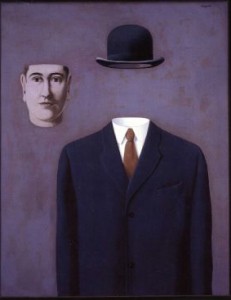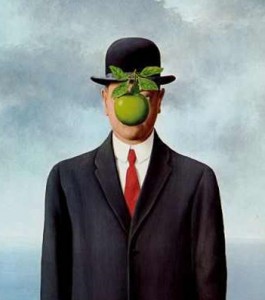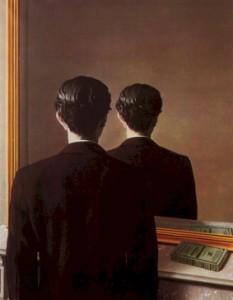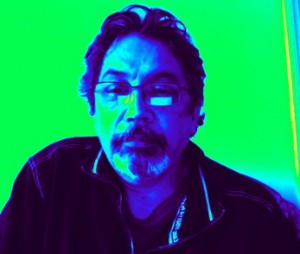 In common with many people in the West who are pursuing a spiritual path, I went down a couple of blind alleys before finding my present teacher, Swamni Atmaprakāśānanda, who had been given the vision of the truth of the Self by her guru, Swami Dayānanda Saraswati.
In common with many people in the West who are pursuing a spiritual path, I went down a couple of blind alleys before finding my present teacher, Swamni Atmaprakāśānanda, who had been given the vision of the truth of the Self by her guru, Swami Dayānanda Saraswati.
Of course one doesn’t know that one is going down a blind alley at the time and some alleys are so long that it takes several years before you bang up against the wall beyond which there’s no understanding. This was the case for me. The first alley was long. In the mid 70s, I came across a Philosophy School in London that offered a tantalising and a balanced diet of Upanishad and Gita study, meditation and other practical exercises and disciplines, Sanskrit, fine music, fine food, opportunities for service, regular retreats and the guidance of a ‘realised master’ from India (whom we didn’t personally meet, but received transcripts of his ‘Conversations’ with the founder of he school. These had been translated from Hindi and edited before we got to hear them – and the original recordings erased so no authentication possible). It took several years before discovering that all the right ingredients without an experienced cook will serve up a meal that might satisfy the hungry for a while, but is eventually one that’s lacking in real nourishment. I eventually left to follow my own direction. Continue reading






